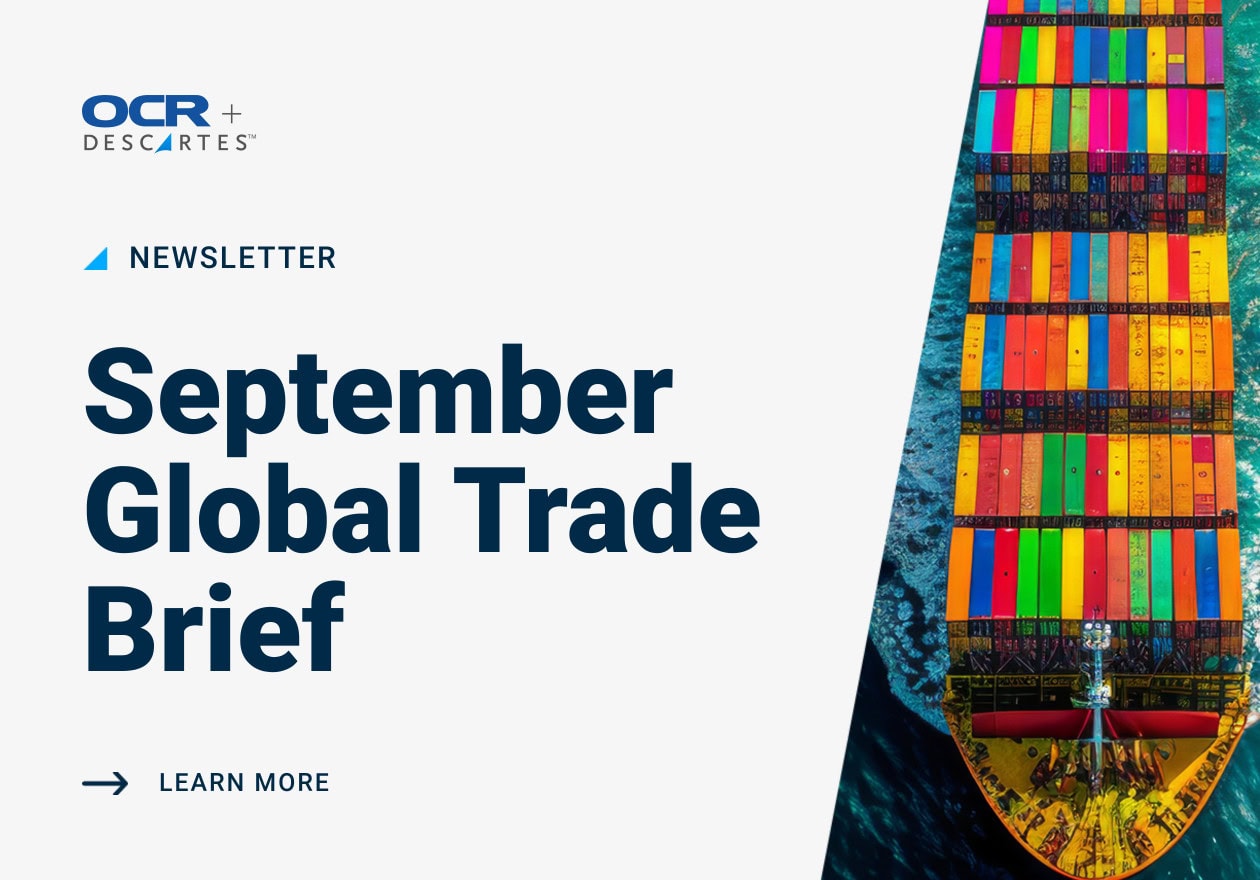EXECUTIVE ORDERS TIK TOK AND WECHAT
The White House has officially published in the Federal Register the following executive orders affecting the Chinese mobile apps TikTok and WeChat:
Pursuant to the authority vested in the President by the Constitution and the laws of the United States of America, including the International Emergency Economic Powers Act (50 U.S.C. 1701 et seq.) (IEEPA), the National Emergencies Act (50 U.S.C. 1601 et seq.), and section 301 of title 3, United States Code, the following actions shall be prohibited beginning 45 days after the date of this order, to the extent permitted under applicable law: any transaction by any person, or with respect to any property, subject to the jurisdiction of the United States, with ByteDance Ltd. (a.k.a. Zı`jie´ Tia`odo`ng), Beijing, China, or its subsidiaries, and or Tencent Holdings Ltd. (a.k.a. Te´ngxu`n Ko`nggu˘ Yo˘uxia`n Go¯ngsı¯), Shenzhen, China, in which any such company has any interest, as identified by the Secretary of Commerce (Secretary) under section 1(c) of this order. . . . Any transaction by a United States person or within the United States that evades or avoids, has the purpose of evading or avoiding, causes a violation of, or attempts to violate the prohibition set forth in this order is prohibited. Any conspiracy formed to violate any of the prohibitions set forth in this order is prohibited.
NEW MARKING RULES FOR GOODS MADE IN HONG KONG
The U.S. president in July 2020 signed an executive order that suspends the application of section 201(a) of the United States-Hong Kong Policy Act of 1992, as amended, with regard to the marking of imported articles and containers. The rules are applicable as of July 29, 2020.
A transition period will be granted for importers to implement marking consistent with this position for imported goods produced in Hong Kong. Such goods, when entered or withdrawn from warehouse for consumption into the United States, after September 25, 2020, must be marked to indicate that their origin is “China” for purposes of 19 U.S.C. section 1304.
LIST OF EU IMPORTED ARTICLES SUBJECT TO ADDITIONAL 25% CUSTOMS DUTIES
USTR released for publication in the Federal Register a “notice of modification of action” announcing changes to the list of European products subject to additional customs duties of 25% ad valorem pursuant to enforcement of the WTO findings in the large civil aircraft dispute between the United States and the European Union.
The release modifies the list of products subject to the additional customs duties (the list is contained in an annex to the notice). The modifications apply with respect to products that are entered for consumption, or withdrawn from warehouse for consumption, on or after 12:01 a.m. eastern daylight savings time on September 1, 2020.
The level of additional customs duties on the listed products will be 25%. The additional duty on certain large civil aircraft will remain at 15%. The annual trade value of the tariff subheadings subject to additional duties under this USTR action remains at approximately $7.5 billion.
DETENTION ORDER ON GARMENTS MANUFACTURED WITH PRISON LABOR IN CHINA
CBP announced that effective August 11, 2020, it will detain imported merchandise containing garments produced by certain Chinese entities “based on information that reasonably indicated the use of prison labor in the production of those garments.” CBP directed the issuance of a “withhold release order” (WRO) against the identified entities. U.S. federal law prohibits the importation of merchandise mined, manufactured or produced, wholly or in part, by forced labor, including convict labor, forced child labor, and indentured labor. The WRO will require the detention at all U.S. ports of entry of garments and any such merchandise manufactured by the entity group. Importers of detained shipments will be provided an opportunity to export their shipments or submit proof to CBP that the merchandise was not produced with forced labor.
“FILLABLE” TEMPLATE FOR CERTIFICATION OF ORIGIN
As noted in a related CBP release, most free trade agreements can be supported by a certification attesting to the imported product’s originating status. This attestation is called a “certification of origin.” The template (in PDF format) is a fillable template that demonstrates how such certification of origin can be structured and that users may elect to use it. The use of this template is not compulsory; however, all of the data elements specified in the template must still be provided upon request to CBP in connection with a claim for preferential tariff treatment.



